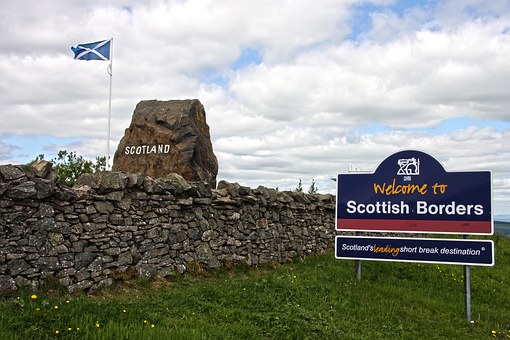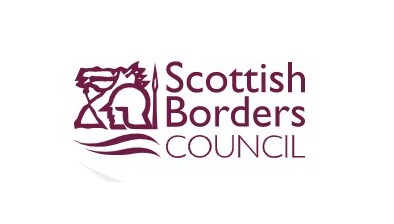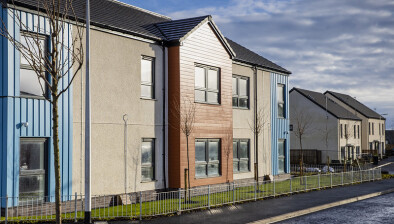Cross-party financial plan agreed by Scottish Borders councillors

Councillors in the Scottish Borders have agreed a cross-party budget proposal which commits to the delivery of planned projects and largely protects frontline services.
The budget, which was agreed at the full Council meeting yesterday, will sustain local services and support key projects; enable investment in infrastructure, such as schools, roads, care facilities, and business spaces; safeguard essential services like education, social care, and support for vulnerable residents; and focus on increasing service productivity through digital technology and modern working practices.
In the agreed budget for 2025/2026, Scottish Borders Council plans a comprehensive financial strategy that includes a £300 million capital investment over the next decade, focusing on new schools, care facilities, and £2m for play and outdoor spaces.
An allocation of £21.2m will be made towards roads and transport infrastructure over the next three years and provide additional funding for new Care Villages in Tweedbank and Hawick.
The council aims to boost business infrastructure to support inward investment and job creation in Tweedbank, with £20m through the Levelling Up Partnership for new business space, housing, and transport connectivity, and £1.7m through the Shared Prosperity Funding to support local communities.
The budget will continue delivering £10m in Borderlands investment in Destination Tweed and increase funding for Live Borders. It also addresses significant pressures in out-of-area care placements for young people with additional needs, invests in CCTV, and maximizes Council Tax charging to reduce long-term empty properties.
This year the budget includes a 10% rise in Council Tax.
Councillor Euan Jardine, leader of Scottish Borders Council, said: “This budget sets out a series of actions which will help secure the future of our communities.
“The 10% increase in Council Tax was an extremely difficult decision, but ultimately members across the political spectrum agreed it was necessary to protect frontline services and make investing in communities a priority.”
Councillor Leagh Douglas, executive member for Finance, IT and Corporate Performance, added: “This budget is about safeguarding what matters most - our communities, our frontline services, and our long-term stability.
“The strength of the cross-party approach has been crucial in navigating these difficult decisions; I sincerely thank colleagues across all groups for their dedication to finding the best way forward.
“Focus must now be on delivering these commitments while working with residents to build a sustainable future.”
Councillor Elaine Thornton-Nicol, leader of the SNP group, said: “Scottish Borders Council’s finances face significant challenges, so it is crucial that all parties focus on delivering what we have agreed on, providing frontline services while maximising the use of the available resources.
“To reduce the effects of future budget savings on all of our communities we must ensure constant and meaningful engagement so that we are clear on the needs and wants of the people and we can better communicate how we arrive at the decisions we believe are in the best interests of all in the Borders.”
Councillor Robin Tatler, leader of the Independent group, said: “We are embarking on a challenging journey, and it is essential that we continue to deliver the services we are committed to and for those who are priorities within our communities.”
Councillor Euan Robson, leader of the Liberal Democrat group, added: “Given the current financial pressures, we all face some challenging decisions ahead, we all agreed that our communities remain at the core of our mission, and therefore, we should work together to allocate agreed funds to the issues that matter most to them.”
Despite facing many challenges, SBC has an exceptional and proven track record of strong financial management proactively seeking to transform services for many years. This financial plan underscores the Council’s commitment to significant infrastructure including new schools and residential care villages and investment in roads.
It has committed funding to support new business space, housing and transport connectivity. In addition, there will be no reductions in transport subsidies, no reduction to Business Gateway or Employment Support, no cuts to waste services or a reduction in teacher numbers.
The council said it remains committed to increasing efficiency through technology and supports developing the business case for the extension of Borders Railway to Carlisle.
Over the next 12 months, it will be engaging with residents to identify service changes which will deliver permanent cost reductions and help to address the ongoing financial challenges posed by huge inflationary impacts.
The 2025/26 financial plan was developed by a cross-party Budget Working Group, which is now focusing its attention on options for future service change to ensure financial sustainability going forward and how to engage with communities around those prior to the 2026/27 budget which will be set next February.






